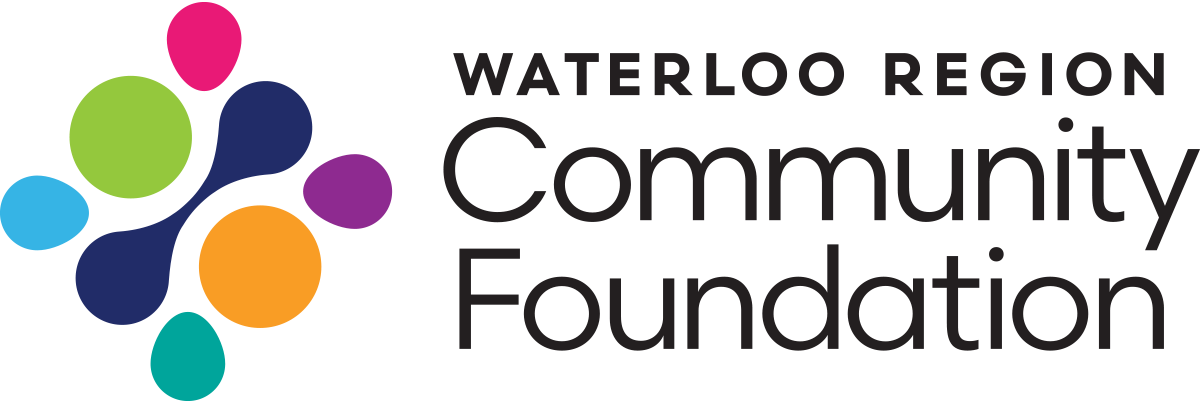Changing lives through career transitions
When Ester moved to Waterloo Region from Zimbabwe in 2017, she had trouble finding a job as an accountant, despite 10 years of professional experience in her own country. It’s unfortunately a familiar challenge for many skilled immigrants and refugees — and one that Windmill Microlending (Windmill) is helping to solve.
Windmill provides microloans of up to $15,000 to skilled immigrants and refugees to obtain the Canadian licensing or training required to work in their field, or to secure a position which matches their level of education, skills, and experience. Loans can also be used to pay for exams, training, living allowance, professional development and relocation costs.
A significant portion of Windmill’s loan capital is funded through their Community Bond, which is financed in part through a five-year, $250,000 impact investment from Waterloo Region Community Foundation (WRCF). This impact investment directly supports capital that is loaned out to Windmill clients.
“The WRCF impact investment will directly fund microloans for between 25-50 individuals and families,” says Sarah Stuewe, Manager of Philanthropy and Investments at Windmill. “That’s significant.”
Windmill, founded in 2005, originally funded loans through a traditional banking line of credit. But when Claudia Hepburn joined the organization in 2017 as CEO, she created a community bond so that Windmill could gain access to lower-cost loan capital. That was also the same year Windmill applied for the WRCF impact investment, and then received funding in 2018.
“The community bond helped us increase our loan book and serve more clients,” says Stuewe. “It has also directly saved the organization money by reducing the cost of capital, and has helped us scale from lending to about 400 clients in 2017, to over 1,000 in our last financial year.”
Having WRCF put their stamp of approval on the community bond has been a huge benefit to the organization. Potential investors look at who is investing in the community bond before they consider making an investment, says Stuewe, and they know that WRCF has done its due diligence before making an investment.
“Having leading community foundations like WRCF provide an impact investment is a great endorsement of Windmill’s work.”
Windmill, which has offices across Canada, funded more than a thousand microloans in 2019 and is on track to provide 1,300 in 2020. There are currently 26 active microloans in Kitchener Waterloo. There are also some very inspiring success stories, like Ester, who was able to get her CPA designation and move up the career ladder.
“The loan helped me pay for the courses and a laptop since it was instrumental in helping me achieve my learning plan,” Ester told Windmill in her success story.
If you want to learn more about the programs and services offered through Windmill, including how you can participate in or support their initiatives, visit www.windmillmicrolending.org. If you would like to learn more about partnering with WRCF to make impact investments, including establishing your own Donor Advised Fund – Invested for Impact, contact Dan Robert at dan@wrcf.ca or 519-725-1806 x 205.
Note: This story was written prior to Cambridge & North Dumfries Community Foundation and Kitchener Waterloo Community Foundation unifying to become Waterloo Region Community Foundation. Although the story was created by KWCF, we have updated the organization name to WRCF throughout the story.
